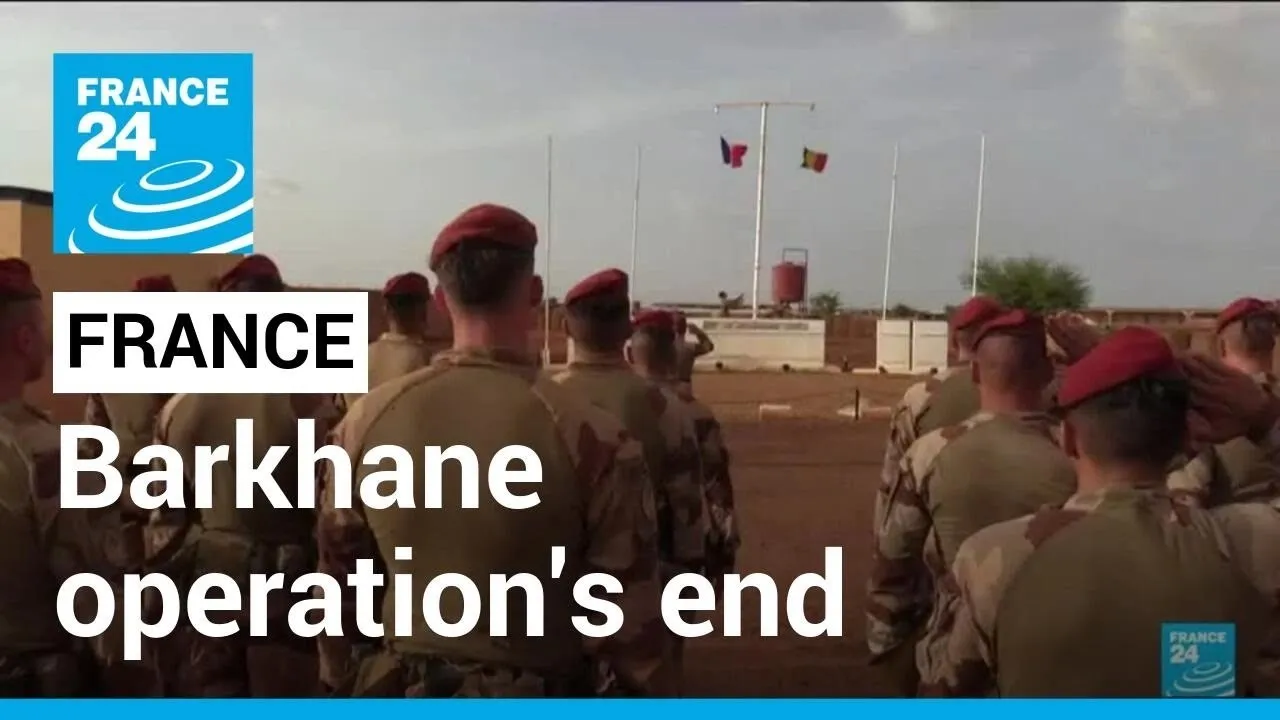Nine years after the deployment of Serval in 2013, which became Barkhane in 2014, Emmanuel Macron officially announced the end of the military Barkhane operation in the Sahel. Macron said on a visit to the city of Toulon:
I made the decision, in coordination with other actors, to end the Barkhane operation.
According to the Elysée, the announcement will have no consequence on the French military presence in the region, where about 3,000 French soldiers are still deployed between Niger, Chad and Burkina Faso. Three months ago the French forces completed the withdrawal of men and vehicles from Mali and returned the bases to the local forces.
At the height of the Operation, the multinational force numbered 5,000 soldiers deployed in the various countries of the Sahel. According to the Elysée, the principle is to reduce the exposure and visibility of our military forces in Africa, focus on cooperation and provide aid mainly in terms of equipment, training, intelligence and operational partnership, at the request of partner countries.
Over the past two years, French influence has declined sharply in the area, especially in Mali since 2020, following the decision taken by the Bamako authorities to break defense agreements with France and its European partners. In fact, last July the European support force in the fight against terrorism was dissolved. On August 15, the last French soldiers of Operation Barkhane left Mali, thus ending nine years of military presence in the country, aimed at fighting terrorism in the Sahel region.
A fight against terrorism which, however, has not obtained encouraging results: today Mali and Burkina Faso are decidedly worse in terms of security, and the same is true for neighboring Niger. In Burkina Faso, in particular, the main Islamist groups, Iswap and Aqim (linked to the Islamic State the first and al-Qaeda the second and fighting each other for control of the occupied territories), today control 60% of the national territory and their actions increasingly overflow the Burkinabé borders towards the coastal countries: Benin, Togo, Ghana and Ivory Coast have all raised, in recent weeks, the level of internal alert after several raids by armed groups in the areas bordering Burkina Faso. The extension of jihadist activities to the countries of the Gulf of Guinea is the challenge that these countries are currently struggling to meet, also due to the very unfavorable economic situation.
However, Paris seems more focused on opposing the Russian presence in the Sahel than the Islamist one: a recent report by the Strategic Institute of Military Studies (Irsem), dependent on the Paris Ministry of Defense, described in Mali the proliferation of propaganda and of online disinformation, most of the time aimed at denigrating the French presence and justifying that of Russia, something that has been highlighted recently also in Burkina Faso.
References:







